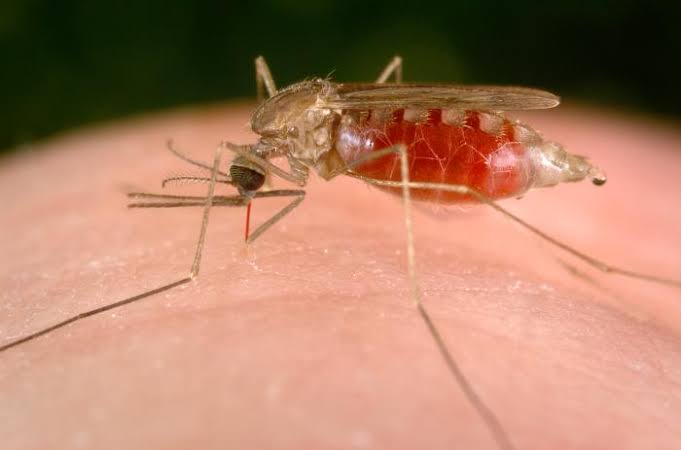By Dare Akogun
THE Federal Government has given a provisional approval for the use of R21/Matrix malaria vaccine produced by scientists at Oxford University.
The Nigerian government granted the approval after Ghana became the first country to approve the vaccine which is said to be 80 per cent effective.
Speaking to newsmen on Monday, April 17, the Director-General of the National Agency for Food and Drug Administration And Control (NAFDAC), Mojisola Adeyeye said the vaccine was produced by Oxford scientists in collaboration with the Serum Institute of India Pvt Ltd.
Adeyeye noted that the vaccine is adopted to mitigate and prevent clinical malaria among infants between five months to 36 months of age.
The National Agency for Food and Drug Administration and Control (NAFDAC) in exercising its mandate as stipulated by its enabling law, NAFDAC Act CapN1, LFN 2004 is granting registration approval for R21 malaria vaccine.
“The vaccine is indicated for prevention of clinical malaria in children from five months to 36 months of age. The storage temperature of the vaccine is 2-8 °C.”
The NAFDAC boss stressed that the dossier of the R21 was subjected to independent review by researchers from tertiary institutions in Nigeria and the agency’s in-house vaccine committee.
The reviewers’ results were further assessed by a joint review which declared the dossier “satisfactory” and “adequate”.
“Overall, the R21 malaria vaccine dossier complied substantially with best international standards with which the dossier was benched-marked. The joint review committee concluded that the data on the R21 malaria vaccine were robust and met criteria for efficacy, safety, and quality.
“It was also adjudged that the vaccine’s known and potential benefits outweigh its known and potential risks, thereby supporting the manufacturer’s recommended use.”
Adeyeye further emphasised that the provisional approval of R21 malaria vaccine was done in accordance with the WHO’s malaria vaccine implementation guideline.
“While granting the approval, the agency has also communicated the need for expansion of the clinical trial conducted to include a phase 4 clinical trial/pharmacovigilance study to be carried out in Nigeria.
“The brief on the approval of the R21 malaria vaccine has been communicated to the minister of health and the National Primary Healthcare Development Agency for appropriate actions towards immunisation in the respective population.
“The only vaccine currently endorsed for malaria by the World Health Organisation (WHO) is the RTS, S/AS01 (RTS,S) vaccine which is 29 per cent effective in preventing severe malaria,” she added.
Nigeria parades over a quarter (27 per cent) of global malaria cases and deaths. The country loses over 200,000 people, including women and children, to malaria annually.


